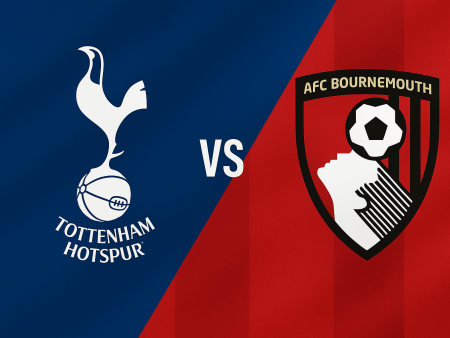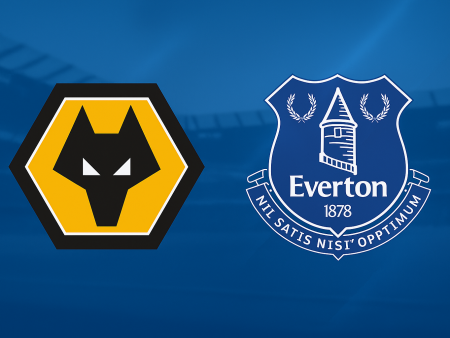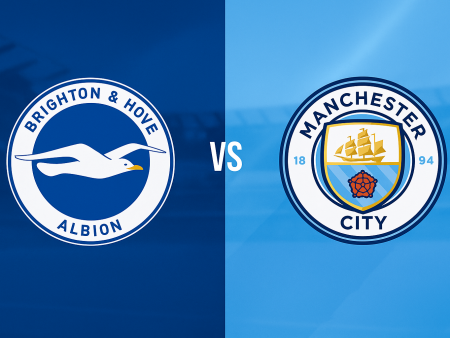The Importance of Adapting Coaching Methods to Your Unique Environment
In the world of sports coaching, sharing resources and exchanging ideas are common practices that strengthen the community. However, applying methods straight from another coach or context without thoughtful adaptation can often lead to challenges. What proves effective in one environment may not translate seamlessly to another due to differences in team dynamics, age groups, player abilities, and organizational culture. This article explores why coaches should view every resource, strategy, and practice through the lens of their specific context, highlighting the critical need to tailor approaches for maximum impact.
Why One-Size-Fits-All Coaching Doesn’t Work
Coaches frequently encounter requests for solutions that promise to accelerate team performance or unlock players’ potential. While generic advice and replicable drills are easily found online or through professional networks, their effectiveness depends heavily on situational factors:
- Team composition: Different age groups, skill levels, and personalities require unique approaches.
- Club philosophy: Organizational goals, culture, and values must align with coaching decisions.
- Environmental influences: Regional playing styles, facilities, and support systems vary widely.
Attempting to implement professional-level strategies with youth teams, for example, can overwhelm young players and undermine development. As a result, the most successful coaches embrace flexibility and context-driven adaptation.
Translating Game Models and Professional Practices to Grassroots Coaching
In modern football, “game models”—comprehensive approaches to in-game tactics, behavior, and philosophy—are widely promoted, especially at the elite level. However, applying these complex blueprints directly to youth or amateur teams is seldom appropriate without modification.
Professional game models were created for players with a certain tactical understanding and physical capability. When introducing similar concepts to grassroots environments, coaches should focus on simplicity, relatable language, and step-by-step progression. Adapting session plans, match objectives, and communication styles helps ensure players remain engaged and able to grasp what’s needed at their developmental stage.
The Critical Role of Language and Communication in Coaching
One often-overlooked aspect of contextually smart coaching is the language used to connect with players. Terminology that resonates with experienced adult athletes may confuse or intimidate beginners. Adjusting vocabulary, instructional clarity, and the manner of giving feedback is essential for fostering understanding and motivation. Good coaches regularly assess their team’s comprehension and evolve their communication strategies to match the group’s needs.
Expert Insights: Sam Holmshaw’s Approach to Customized Coaching
Sam Holmshaw, Head of Football Development at Kickabout Academy and the Technical Director of Holmshaw Academy, is widely recognized for his expertise in developing adaptable game models. With experience hosting coaching podcasts and leading workshops, Holmshaw emphasizes designing strategies that reflect the abilities and goals of each unique team.
His philosophy centers around:
- Assessing players individually and collectively to identify needs
- Modifying established frameworks to fit local realities
- Prioritizing learning and enjoyment over purely outcome-based measures
Holmshaw’s contributions exemplify why flexibility and contextual awareness are vital for coaches at all levels.
Meet the Host: Rhys Desmond
Rhys Desmond, founder of TheMastermindSite.com, is dedicated to providing football tactics, analysis, and coaching education. Through articles, podcasts, and online resources, he supports coaches, players, and fans eager to deepen their understanding of the sport. By championing context-sensitive methods, Desmond helps others avoid the pitfalls of blindly following trends and encourages an individualized approach to development.
Listen and Learn: Exploring the Topic Further
For those interested in a deeper dive into contextual coaching and related subjects, several podcast episodes from The Mastermind Site are available:
- Interview with Andi Gschaider – Founder of B42: Discussion on football training applications and social impact strategies.
- Creating a Game Model – with Sam Holmshaw: An exploration of what a game model is, its construction, and how it can be adapted to different coaching settings.
- Creating Unstructured Sporting Environments – with Adam Stapleton: Insights on fostering unstructured play and learning in youth sports.
- Coaching During a Pandemic – with Trevor McGahan: Perspectives on overcoming coaching challenges during unprecedented times.
Additional Insights and Related Content
The journey to becoming an effective coach is continuous. Explore related topics in coaching development, tactical analysis, and player motivation in the following articles:
- England vs. Albania – Tactical Preview & Analysis
- A Tribute to Diogo Jota
- Coaching a Team with Varying Skill Levels & Low Motivation
- Why Brian White Scores So Many Goals
- Pep Guardiola, Copy-Cats & Why Team Tactics Must Work for Your Players
Conclusion: Make Every Resource Your Own
In summary, the art of coaching lies not in the imitation of others but in the thoughtful adaptation of best practices to the realities of your players and environment. Before implementing any external resource or model, assess its relevance and adjust it to suit your team’s unique circumstances. By doing so, you ensure your coaching has the greatest impact—nurturing growth, enjoyment, and success for everyone involved.
Stay informed and continue your coaching education by exploring more interviews, resources, and analyses at TheMastermindSite.com.









